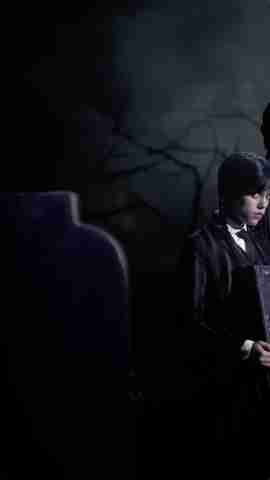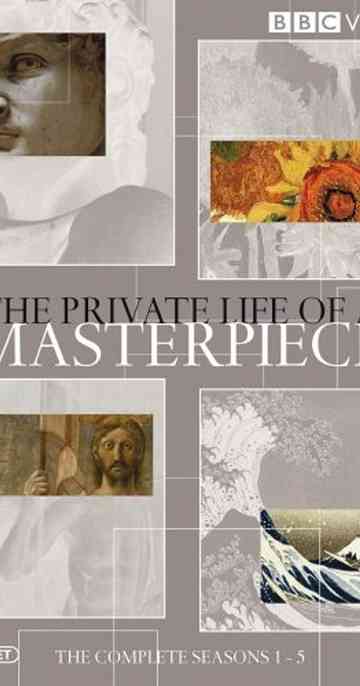Season 10 Episodes
1. Rogier van der Weyden: The Descent from the Cross
The Private Life of an Easter Masterpiece. Six hundred years ago, one painting in northern Europe was prized above all others. Queens and kings wanted to own it. Other and lesser painters endlessly copied it. Anyone who saw it was struck with awe. The painting was huge and overwhelming - the Descent from the Cross. The painter was a Flemish master, Rogier Van Der Weyden. Today it is one of the greatest masterpieces in Spain's National Gallery, the Prado, in Madrid. It was taken there by Philip II of Spain and survived great adventures - almost lost at sea, almost destroyed by German bombers in the Spanish Civil War. Recently Google Earth went inside a gallery for the first time - they chose the Prado and then the Descent from the Cross. Only today can the highest resolution digital cameras capture the amazing attention to detail of Van Der Weyden's paintbrush.
2. Filippo Lippi: The Adoration of the Christ Child
The Private Life of a Christmas Masterpiece. Painted over five centuries ago, Filippo Lippi's nativity is like no other: the birth of Christ in a dark, wooded wilderness. Its beauty inspired Michelangelo, Leonardo da Vinci and Botticelli. But it also conceals a deeply personal story. It was painted for Cosimo de' Medici, a wealthy banker who feared that his money was dragging him straight to hell. The artist's life was equally surprising. One of the most celebrated painters of his day, Filippo Lippi was also a Carmelite friar, but he was no stranger to the temptations of the flesh, to which he frequently yielded. Shortly before painting his Adoration, he caused uproar by seducing a twenty year-old nun. His paintings rejoice not just in divine beauty, but in that of women. In later times, the Adoration's history was interwoven with that of rulers and dictators. It became a bargaining chip after Napoleon's allies seized twenty merchant ships. And in the 20th century, it was hidden by the Nazis in a potassium mine, where American troops stumbled upon it. The painting even inspired mutiny amongst US officers when the American authorities tried to appropriate it for the National Gallery of Art in Washington.












































